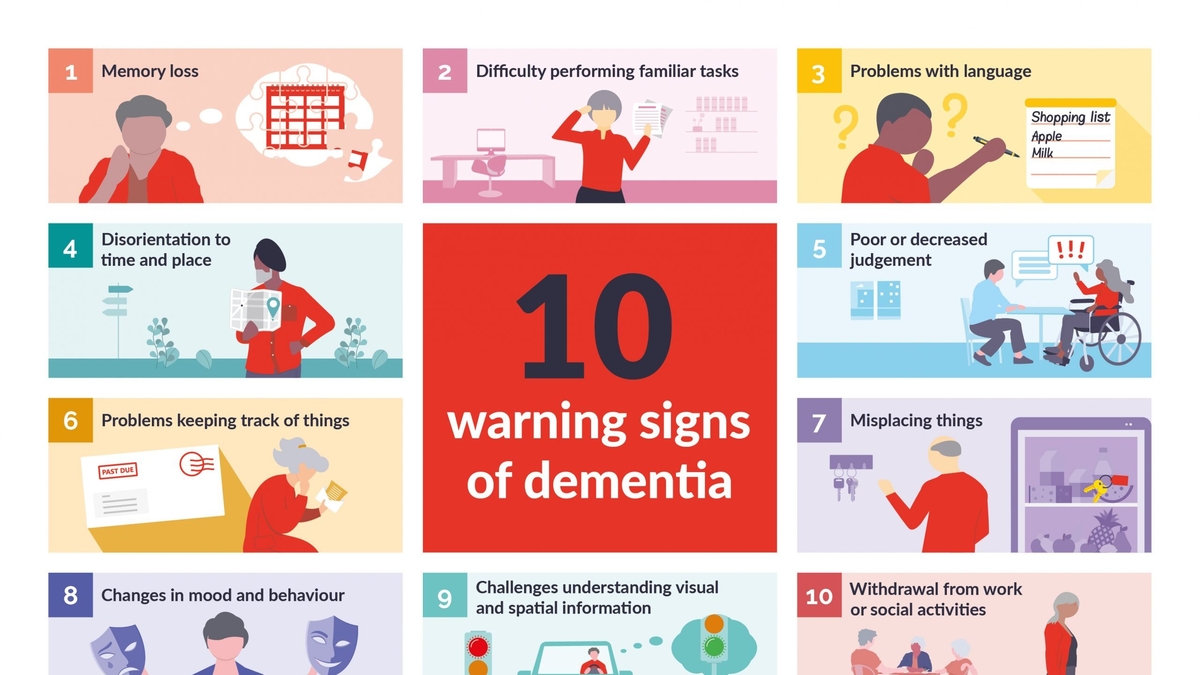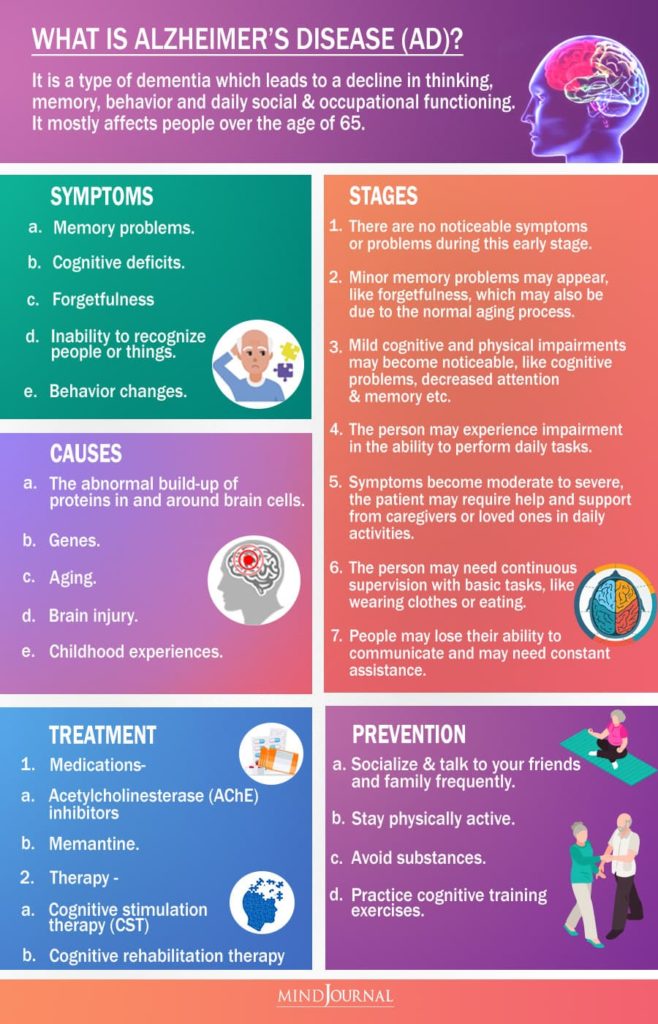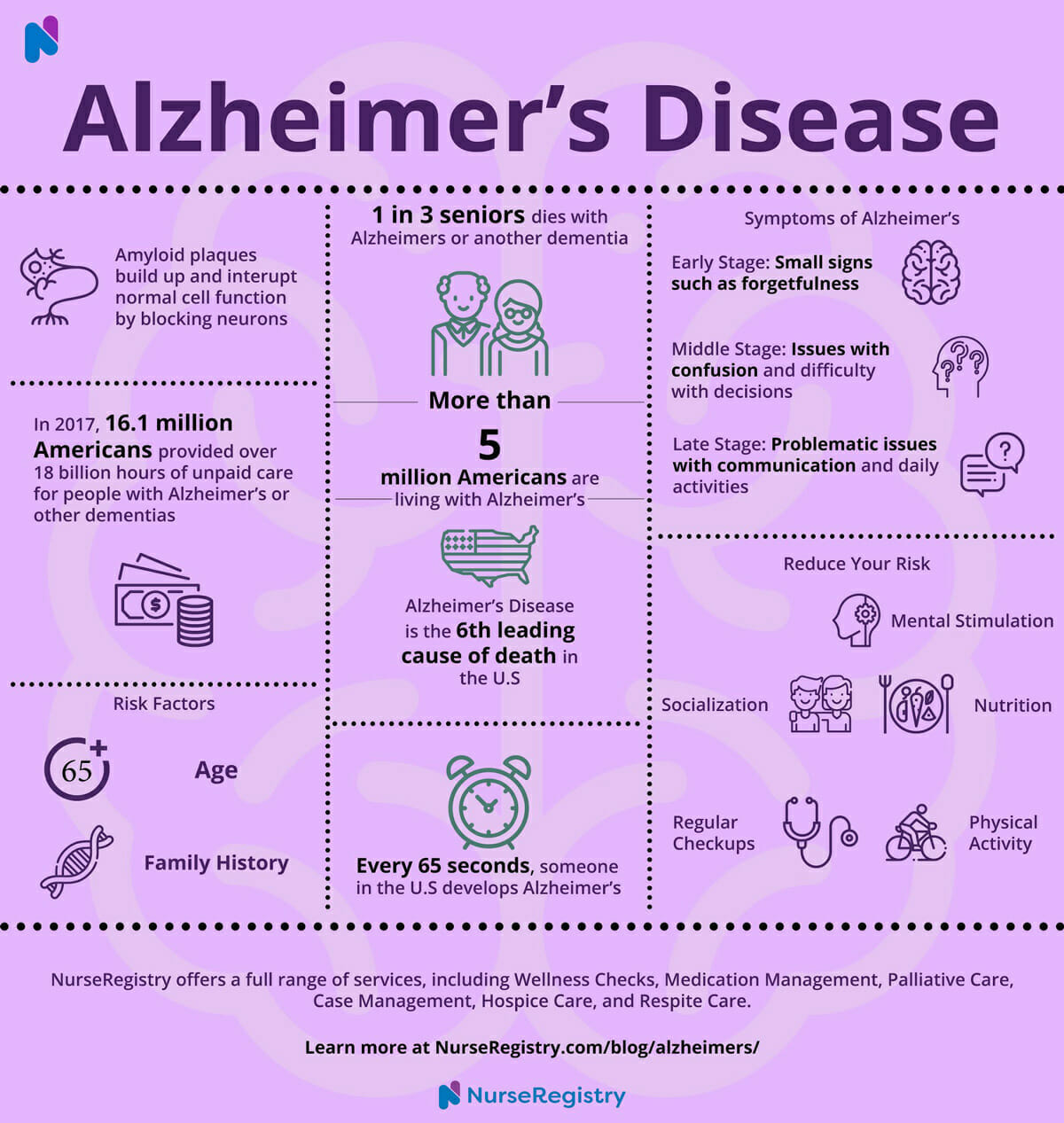Introduction to Alzheimer's Disease
Overview of Alzheimer's Disease
**Alzheimer's disease is a progressive neurological disorder that impacts memory, thinking skills, and behavior. It is the most common cause of dementia among older adults. Symptoms worsen over time and eventually interfere with daily tasks.**
Importance of Early Detection
**Early detection of Alzheimer's disease allows for timely intervention, access to treatments that may help manage symptoms, and the opportunity to plan for the future. Recognizing warning signs early can lead to better quality of life for both patients and their caregivers.**

Memory Loss
Difficulty in Remembering Recent Information
**Individuals experiencing Alzheimer's disease may notice challenges in recalling recent events, conversations, or important information. This can lead to confusion and frustration when trying to piece together recent memories. Seeking early detection and support is crucial for managing this symptom effectively.**
Challenges in Planning or Solving Problems
**Alzheimer's disease can impact an individual's ability to plan daily tasks or solve problems effectively. Simple activities that were once routine may become increasingly difficult as the disease progresses. Recognizing these challenges early on can help individuals seek appropriate assistance and guidance.**

Confusion and Disorientation
Confusion about Time or Place
**An individual experiencing Alzheimer's disease may feel disoriented or confused about the current time or their surroundings. This can cause distress and anxiety, highlighting the importance of providing support and reassurance in such situations.**
Getting Lost in Familiar Places
**Alzheimer's disease can lead to individuals getting lost even in places they are familiar with. This situation can be alarming for both the individual and their loved ones. Offering patience and creating a safe environment is crucial to prevent such occurrences.**

Difficulty Completing Everyday Tasks
Struggling to Complete Routine Tasks
**An individual experiencing Alzheimer's may find it challenging to complete day-to-day tasks. This can be frustrating, leading to feelings of helplessness. Providing gentle guidance and breaking tasks into smaller steps can offer valuable support.**
Trouble Managing Finances or Following a Recipe
**Alzheimer's can make managing finances or following recipes overwhelming. Simplifying financial responsibilities and using visual aids for recipes can aid in maintaining independence while reducing anxiety. Patience and understanding are key in such situations.**

Changes in Mood and Personality
Mood Swings and Personality Changes
**Individuals facing Alzheimer's may experience mood swings and personality alterations. Providing empathy and a listening ear can help navigate these changes with understanding. Offering a reassuring presence is essential during such transitions.**
Withdrawal from Social Activities
**Alzheimer's might lead to withdrawal from social engagements, impacting interactions with loved ones. Encouraging gentle social interactions and creating familiar settings can promote feelings of comfort and inclusion for the individual. Compassion and patience play a crucial role in such situations.**

Poor Judgment
Making Poor Decisions
**Individuals affected by Alzheimer's may exhibit poor judgment, impacting decision-making abilities. Engaging with empathy and providing guidance can support them through this difficulty effectively. Creating a safe environment is crucial during such instances.**
Lack of Hygiene and Self-Care
**Alzheimer's could result in neglect of personal hygiene and self-care tasks. Offering gentle reminders and assistance can help maintain proper grooming habits. Understanding and patience are key in navigating these challenges with compassion and respect.**

Trouble with Speech and Writing
Difficulty Following Conversations
**Individuals affected by Alzheimer's may face challenges in following conversations, leading to confusion or frustration. Patiently repeating information and simplifying communication can enhance understanding and make interactions smoother. Encouraging active listening helps in maintaining engagement during discussions.**
Struggling to Write or Communicate Clearly
**Alzheimer's may cause difficulties in writing coherently or expressing thoughts clearly. Offering support through alternative communication methods like visual aids or gestures can aid in effective expression. Creating a comfortable and quiet space for conversation enhances the individual's ability to communicate with greater ease.**

Misplacing Items
Putting Things in Unusual Places
**Individuals experiencing Alzheimer's tend to misplace items by putting them in unusual spots unintentionally. Creating labeled storage areas and maintaining a consistent routine can help minimize confusion. Patience and gentle reminders assist in locating lost objects without causing distress.**
Accusing Others of Stealing
**Alzheimer's patients may accuse others of stealing their belongings due to memory lapses. Providing reassurance and avoiding confrontations is crucial in such situations. Keeping valuable items secure and maintaining a calm environment prevents misunderstandings, fostering a supportive atmosphere for the individual.**

Progression of Symptoms
How Alzheimer's Symptoms Worsen Over Time
**As the disease advances, individuals with Alzheimer's may experience increased memory loss, confusion, and difficulty performing daily tasks. Behavior changes, like wandering and agitation, can also become more frequent.**
Importance of Seeking Medical Help
**Early diagnosis and medical intervention are essential in managing Alzheimer's progression. Consulting healthcare professionals for proper evaluation and treatment can enhance the quality of life for both the individual and their caregivers.**

Progression of Symptoms
How Alzheimer's Symptoms Worsen Over Time
**As the disease advances, individuals with Alzheimer's may experience increased memory loss, confusion, and difficulty performing daily tasks. Behavior changes, like wandering and agitation, can also become more frequent.**
Importance of Seeking Medical Help
**Early diagnosis and medical intervention are essential in managing Alzheimer's progression. Consulting healthcare professionals for proper evaluation and treatment can enhance the quality of life for both the individual and their caregivers.**
Conclusion
Tips for Coping with Alzheimer's Diagnosis
Seeking emotional support from family and friends can help cope with an Alzheimer's diagnosis.Engaging in activities that stimulate the mind, such as puzzles or reading, can be beneficial.
Resources and Support for Patients and Caregivers
Joining support groups provides a platform to share experiences and gain insights.Utilize resources like helplines or online forums to access information on caregiving techniques.